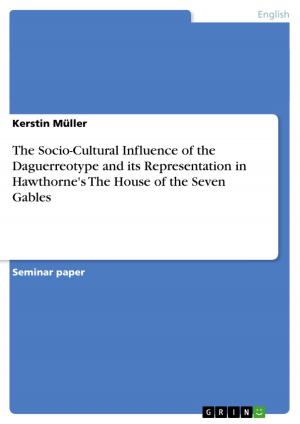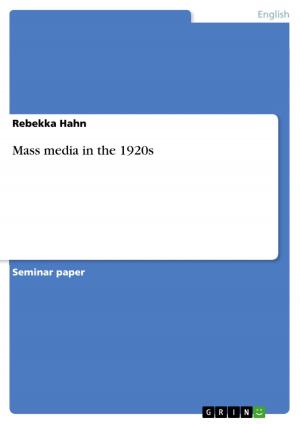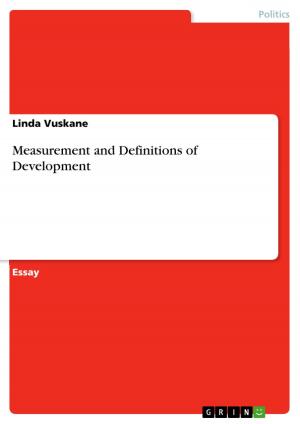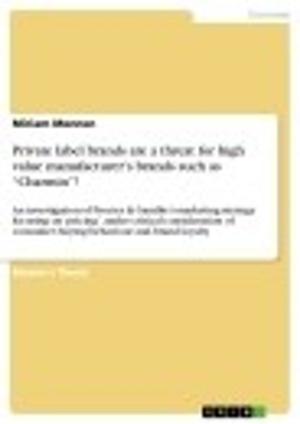| Author: | Marcus Matthias Keupp | ISBN: | 9783638149129 |
| Publisher: | GRIN Publishing | Publication: | October 22, 2002 |
| Imprint: | GRIN Publishing | Language: | English |
| Author: | Marcus Matthias Keupp |
| ISBN: | 9783638149129 |
| Publisher: | GRIN Publishing |
| Publication: | October 22, 2002 |
| Imprint: | GRIN Publishing |
| Language: | English |
Essay from the year 2001 in the subject Business economics - Accounting and Taxes, grade: A+, University of Warwick (Warwick Business School), 8 entries in the bibliography, language: English, abstract: The spectacular breakdown of Polly Peck impressively demonstrated the role of creative accounting in the 1980s. Although many companies were not doing well, creative accountants could easily deceive shareholders by manipulating figures. The Companies Act requires financial statements 'to give a true and fair' (i.e., factual and unbiased) 'view'. This enables user groups to properly assess a company's financial position. If, however, accountants are free to arbitrarily manipulate figures, this becomes impossible. Therefore efforts had to be made to confine the extent of creative accounting. By defining creative accounting (section 2), a critical evaluation of measures (section 3) and the conclusion (section 4), this essay will show that the measures introduced by the ASB are powerful to contain present creative accounting. However, they will not prevent future creative accounting.
Essay from the year 2001 in the subject Business economics - Accounting and Taxes, grade: A+, University of Warwick (Warwick Business School), 8 entries in the bibliography, language: English, abstract: The spectacular breakdown of Polly Peck impressively demonstrated the role of creative accounting in the 1980s. Although many companies were not doing well, creative accountants could easily deceive shareholders by manipulating figures. The Companies Act requires financial statements 'to give a true and fair' (i.e., factual and unbiased) 'view'. This enables user groups to properly assess a company's financial position. If, however, accountants are free to arbitrarily manipulate figures, this becomes impossible. Therefore efforts had to be made to confine the extent of creative accounting. By defining creative accounting (section 2), a critical evaluation of measures (section 3) and the conclusion (section 4), this essay will show that the measures introduced by the ASB are powerful to contain present creative accounting. However, they will not prevent future creative accounting.















